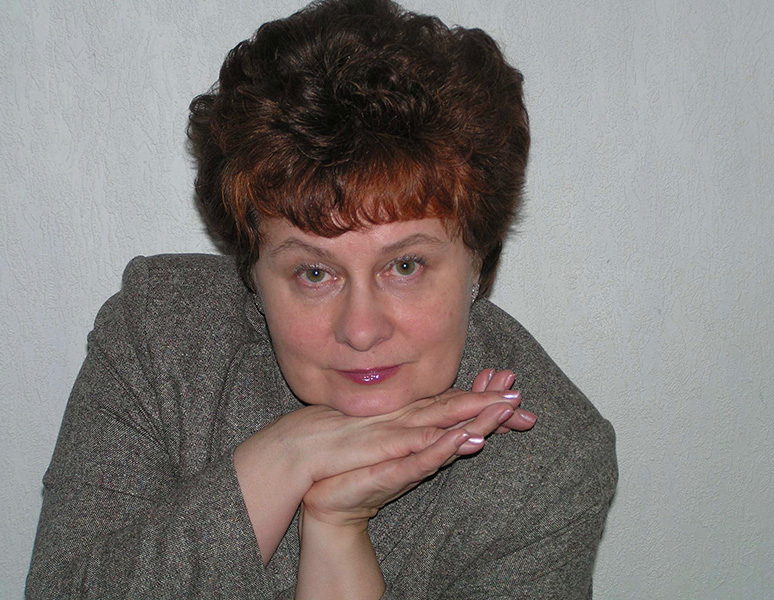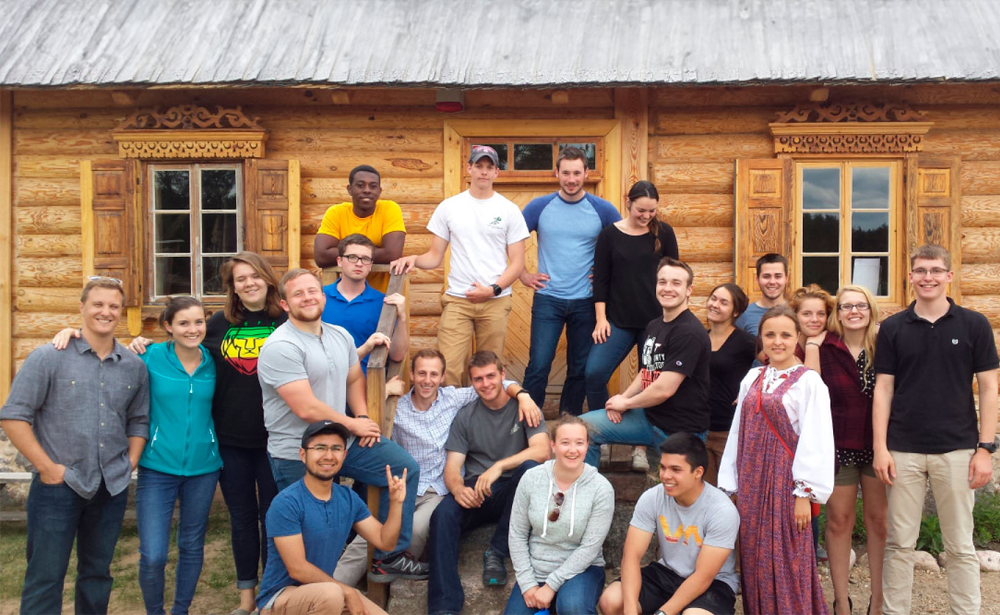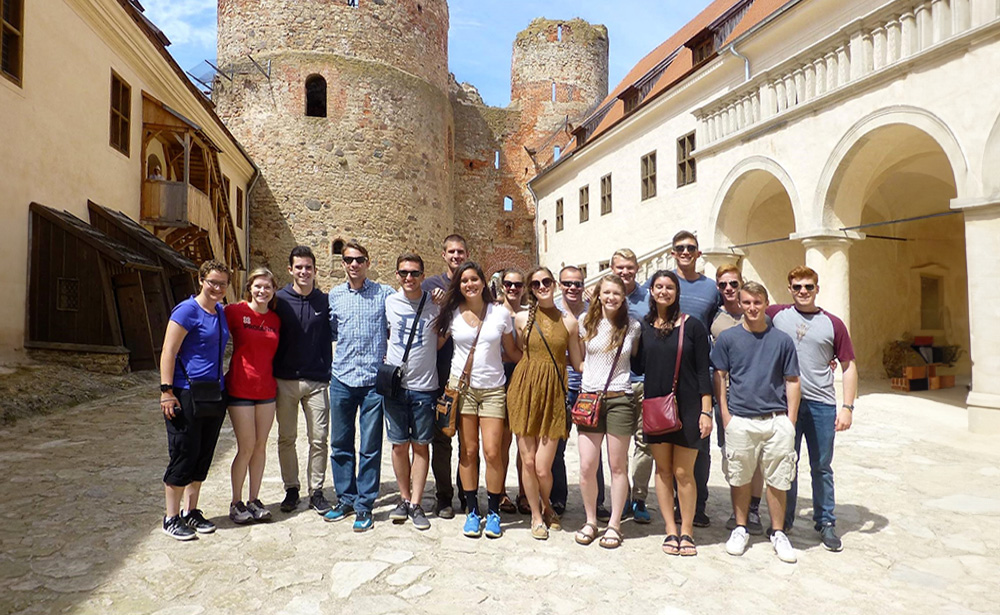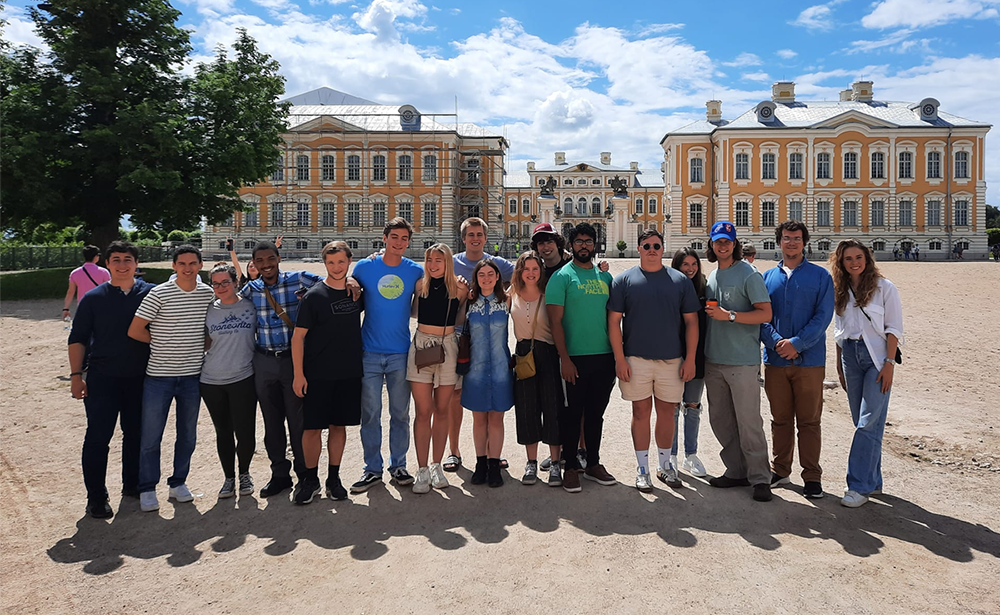Anna Stankevich – a teacher in Learn Russian in the EU
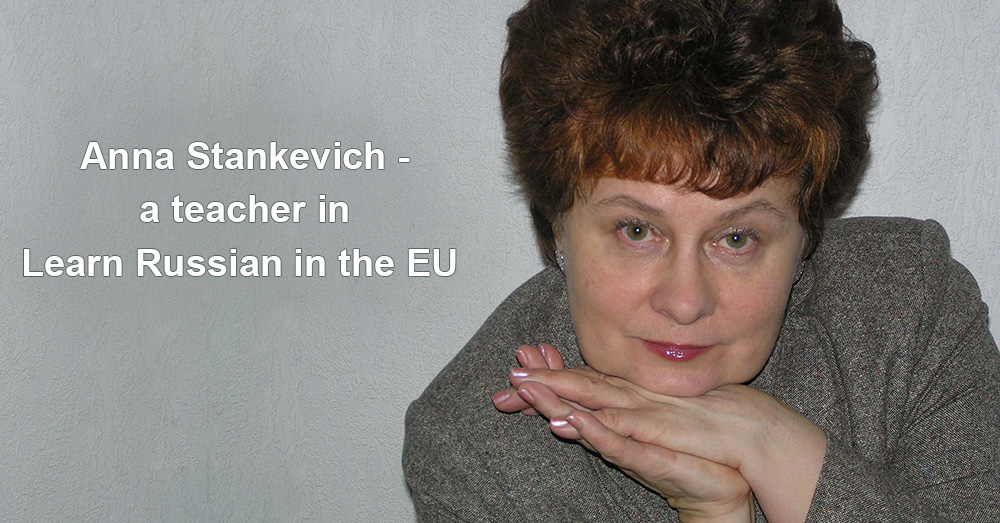
Today one of our great teachers Anna Stankevich is going to tell us about herself. We offer you our next article about the teachers in the Learn Russian in the EU project.
Good afternoon Anna Ivanovna. Could you say a few words about yourself? Where did you study and what do you do?
I was born in Daugavpils, and went to Daugavpils Secondary Scool No 6. Later, I entered Daugavpils Pedagogical Institute. After the institute for some years I had been working as a teacher at the school that I used to study. Then I joined the postgraduate training programme at A. Herzen Leningrad State Institute and defended the doctoral thesis on R.Kipling’s works. Since then I have been working at Daugavpils University. At present I am professor, and head of the Department of Russian and Slavic Studies.
Do you often have to explain to your foreign students what philology is?
Not often. They are very pragmatic people, majority of them are undergraduate students, therefore they are interested in very specific things – colloquial Russian language, culture and social realia in modern Eastern Europe and Russia. We often talk about philology with postgraduate students from western universitues and teachers-speacialists in Slavic studies who come to Dauavpils University to do their internship. However these talks are not an explanation what philology is about but it is a discussion about the ways of development of philology nowadays.
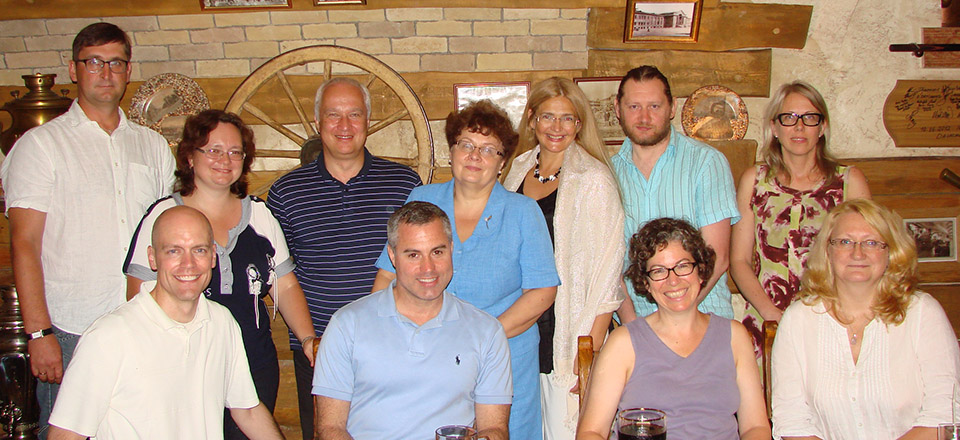
What do you like doing in your free time?
I love reading and spending time with the people I love: my family and friends.
What is your favourite book in Russian and foreign literature?
Poems by A. Blok, and H.de Balzac’s The Human Comedy.
Where have you tavelled the farthest ? Where would you like to come back again?
Vancouver is the farthest I have travelled so far. My favourite places around the world (except my home) are Jurmala, Krakow and all Italy.
How long have you been teaching Russian to foreigners?
A bit more than 4 years.
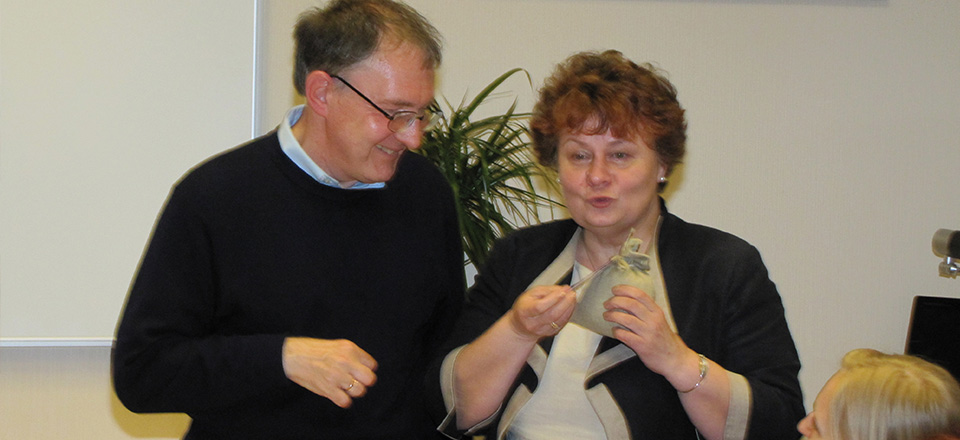
What do you like most in working with foreign students?
I like to see the results of my work, when students start to communicate in Russian more fluently and confidently. I like when after we have talked about Latvia’s or Russia’s culture, students suddenly realize that basically people from different countries in the world are very similar, and they have similar problems and joys. All diagreement can be resolved if we really want it, but you need to try hard. Learning the language is one of the possible ways for mutual understanding.
Are there any peculiarities of teaching Russian to foreign students?
Teaching Russian to foreigners is a very special process. The most important task here is to always remember that your students are people from another culture, traditions and mentality. Therefore you shuould take into consideration a lot of details that you do not need to explain to local students.
You can progres well if you manage to create the atmosphere of trust and working rythm. I will say it again: almost all foreign students are extremely motivated, they are really interested in their studies, they appreciate their teachers and try to make good use of any minute of the study time. It is almost always pleasure to work with them.
What is, in your opinion, the best way to overcome the fear during examinations?
You should be ready for the exam.
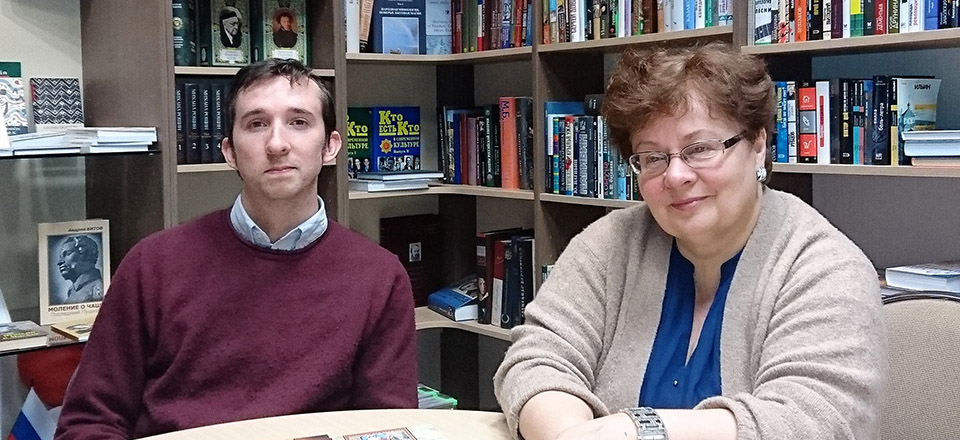
What helps you to stay optimistic?
I have had really hard times in my life, having lived through which I have realized what a joy is just to live, to enjoy the sun, snow, to be able to move. Today, my family and my friends are the source of my optimism.
What advise would you give to students?
To understand that we live our lives today, right now. Do not regret making mistakes in the past, and to hope for the best in the future.
Follow the updates in our blog if you would like to learn more about our great teachers!
You may be interested
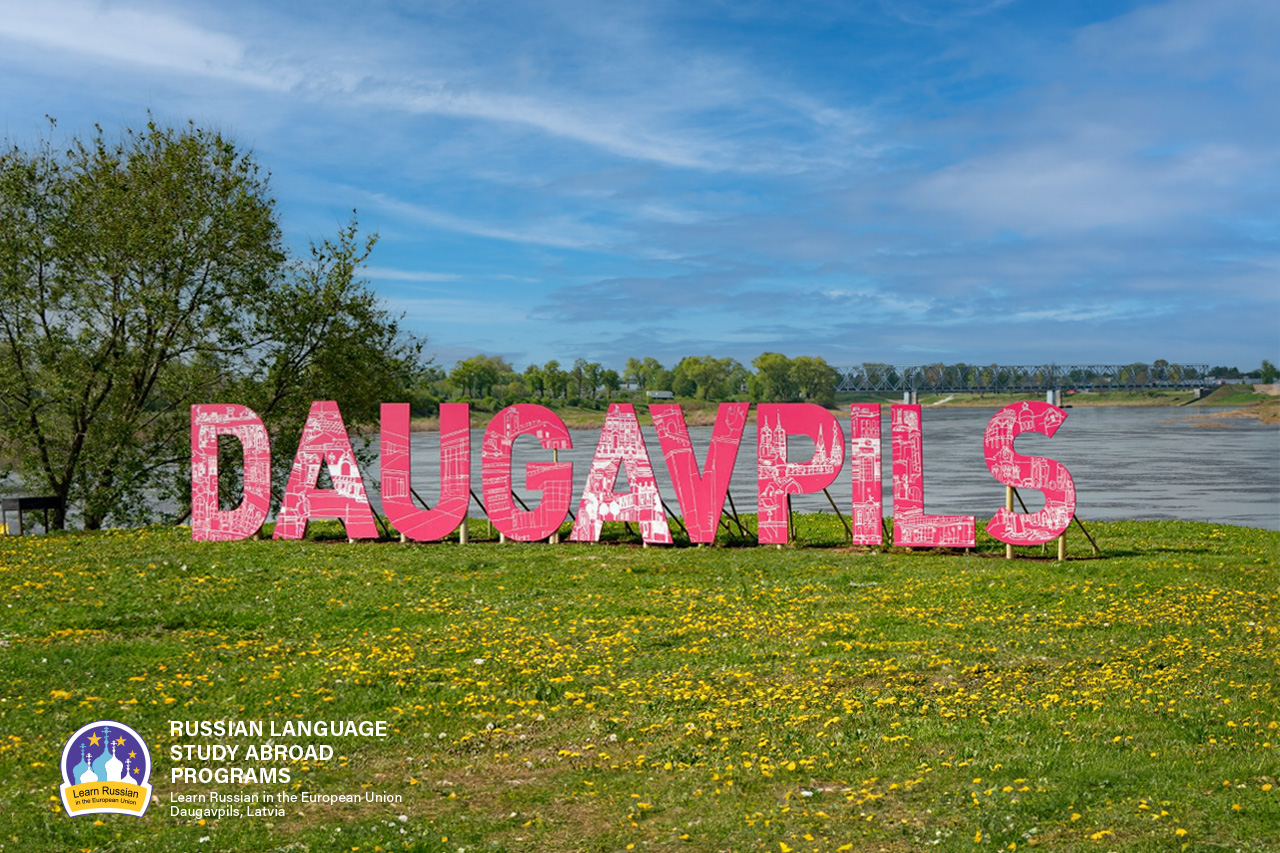
Why do people speak Russian in Daugavpils?
As it seems to us, Daugavpils is the best place to learn Russian now, because our city is situated in the EU and NATO, but at the same time 90% of the city’s population speak Russian at home.
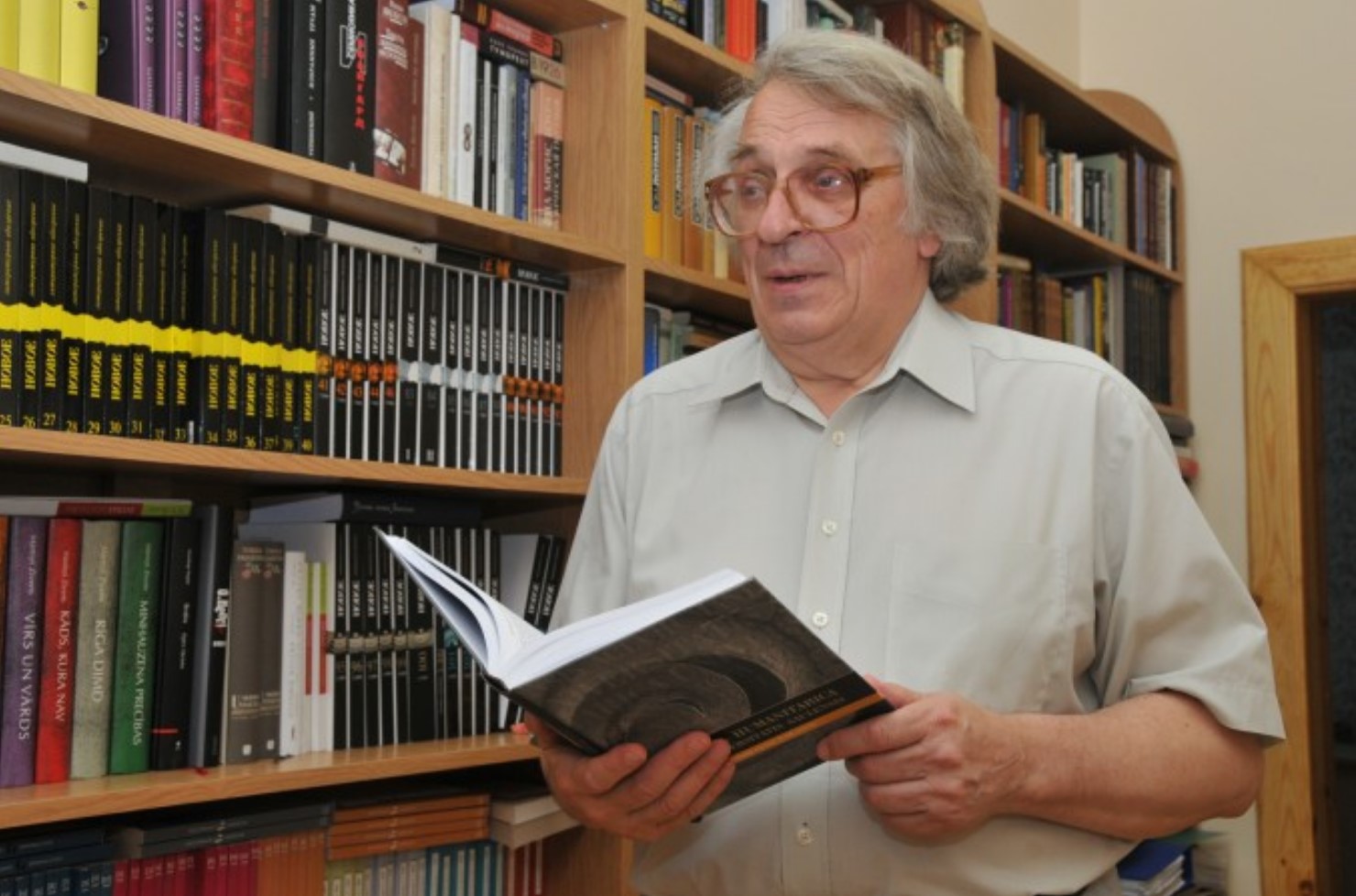
ЭТЮД О ДВИНСКЕ
Etude on Dvinsk by F.Fedorov
The Baltic region is one of the most catastrophe prone regions of the 2nd millennium, especially its second part; it is the centre of attraction of ‘geopolitical’ interests of the European world. Probably the most tragic fate has befallen to the eastern part of the present Latvia and its multi-titled town of Dinaburg – Dvinsk – Daugavpils. During its 730 years long history, the town went through five rather autonomous periods of development, five different lives (German, Polish, Russian, Latvian, Soviet), and at the beginning of the 1990s it entered into the 6th period.
The history of Dinaburg – Dvinsk – Daugavpils is the history of five attempts by the town to begin its life anew; and this is determined not only by the fact that the town was four times burned down and had to start life from scratch, but first and foremost because each of these periods was characterized by a total change of ethnos and the socio-cultural field.
The present article deals with the cultural space of the town in one of the most efficient periods of its development – from the 1860s till World War I.


